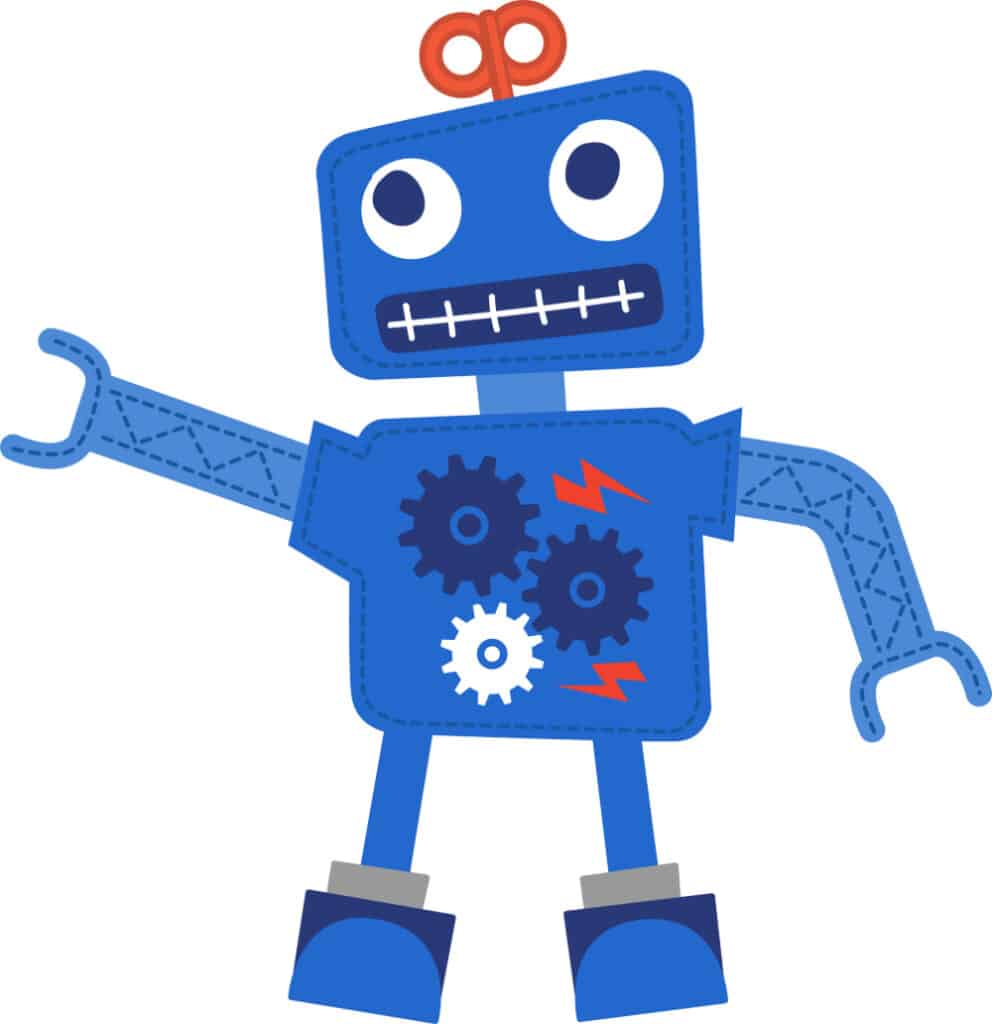Test-Driving the ToughLovePro, AI-Powered Addiction Recovery Chatbot

In yesterday’s blog post on AddictionNews, I stumbled upon the mysteriously-named website, Spiritual Techcraft, makers of AI-powered chatbots. Spiritual Techcraft’s offerings include an Emotional Support Bot, an AnxietyBot, and a Sober Support Bot. I signed up for a free trial of the ToughLovePro Addiction Recovery Chatbot.
I sensed the company was brand new, because within minutes, I was getting an email from the founder, Carla Murray. Her LinkedIn profile indicates that Spiritual Techcraft started in April of this year. She comes at the AI recovery chatbot from the point of view of a compassionate business person rather than a medical health professional.
Murray is in recovery herself, and she designed the recovery chatbots to be helpful to others in recovery. The sobriety chatbots are based on the principles of Alcoholics Anonymous (AA). They will send you affirmations based on the 12-step program and follow up on suggestions like a personal assistant.
Murray has found a way to layer her custom chatbots on top of ChatGPT. When I followed the link to test the ToughLovePro, I had to enter my ChatGPT credentials to access the bot. “Addiction Recovery Chatbot” then appears as an alternative to GPTs in the sidebar, and the chats appear sequentially mixed in with my GPT chats.
Figure 1: Screen capture from ToughLovePro Addiction Recovery Chatbot.
Figure 1 shows the initial response of ToughLovePro to the question, “How does this work?” Right off the bat, you can see this chatbot has been programmed to be sassy and supportive. It uses a lot of contractions and repeatedly asks you to converse with it “like a human.”
Murray spent more than two decades working for a building contractor in Chattanooga, Tennessee. It’s easy to imagine the ToughLovePro with a Tennessee drawl and just-the-facts attitude. I don’t recommend the audio version of the chat, which is read by a Scarlett-Johansson-sounding droid that smoothes out all the grit.
Murray has programmed the bot to provide many of the most helpful things during recovery. Daily affirmations build continuity, and she has programmed them to come out plain-spoken for ToughLovePro. You can also get clean, fast oneliners, such as “Recovery is progress, not perfection,” or the bot will draw it out a little more.
Beyond affirmations, the app is programmed to provide daily check-ins, cravings worksheets, and milestone tracking. For example, ToughLovePro will maintain a cravings list including:
- What triggered it? (Stress, boredom, people, places, feelings, etc.)
- How strong was it? (1—10 scale)
- What did you do about it? (Gave in, called a friend, prayed, distracted yourself, etc.)
The “lite” version will help you track your cravings — which in itself is therapeutic — and the “pro” version will coach you based on an analysis of your cravings. The pro version is currently available for free trial during the company’s startup phase. The pro version allows you to build action plans, then get coaching, reminders, and follow-ups around those plans — all delivered with the same “no BS” attitude.
So I asked ToughLovePro a tough question: Can cannabis be used to treat opioid use disorder (OUD)? It’s a controversial issue and the subject of a recent post here at AddictionNews. The app gave what I thought was an appropriate answer: “The 12-step approach — and what’s saved millions — doesn’t work on substitution, it works on abstinence + spiritual growth.”
While simplified, it offered to “pull up what the latest medical research actually says.” There’s that drawl again. I asked, “Let’s see the research,” and the bot went into “thinking mode,” scanning scientific journals, then scanning SAMHSA, NIDA, and other government databases, all the time reporting with a CNN-style crawl telling you what it was doing and why it was taking so long (32 seconds).
What the bot came up with was reliably good research and concise summaries. For example, while its first take on using cannabis to treat OUD was skeptical, the research surfaced an important nuance. While cannabis has not been proven to help, CBD has been proven to help. The research affirmed best practices for treating OUD, which do not include cannabis or THC.
I have not been able to take ToughLovePro AI Addiction Recovery Bot through all of its routines — they are as endless as the imagination of ChatGPT. I have never used it for recovery, so I can’t rate it in that regard. I can say that if you are familiar with the principles of AA and you wish you had a sponsor in your pocket, this is a pretty good tool. It’s versatile, customizable, and somewhat believable with that Tennessee drawl.
Written by Steve O’Keefe. First published August 28, 2025.
Image Copyright: instructress.




